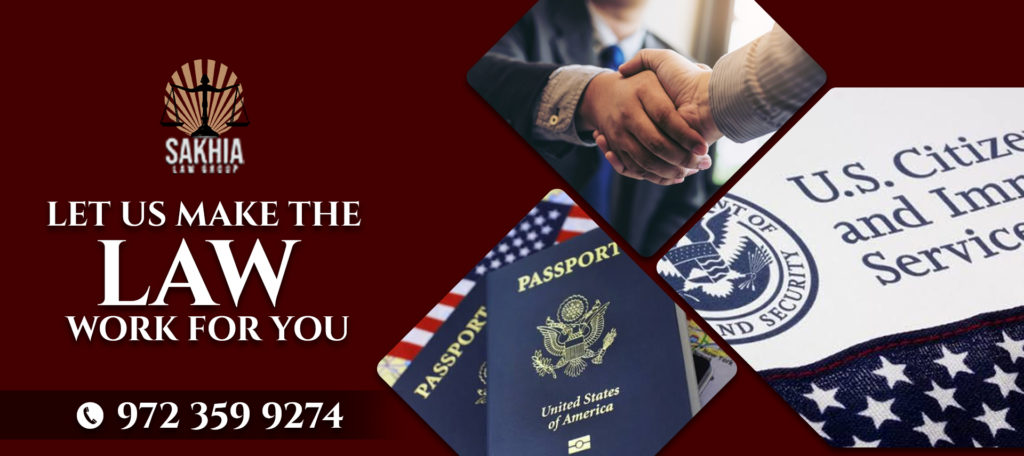
H-1B Visa for Specialty Occupations
H-1B Visa & Immigration cases handled across USA & beyond. Just a click away.
The H-1B visa classification allows a foreign worker to enter the U.S. temporarily for the purpose of performing services in a “specialty occupation” for a U.S. employer.
The H-1B visa classification requires that (1) a foreign national be coming to the U.S. to work temporarily in a “specialty occupation”, (2) that the foreign national have the equivalent of at least a U.S. Bachelor’s degree in a field related to that occupation; and (3) that the sponsoring company pay the foreign national the prevailing wage, provide proper notice to its workforce, and not be involved in a strike or lockout.
Specialty occupations can be found in a wide variety of fields, ranging from Architecture and Engineering to Medicine and Health. A “specialty occupation” is an occupation that requires a Bachelor’s degree in a specific field as a minimum requirement for entry into that occupation. For example, most Software Engineer positions require a Bachelor’s degree in Computer Science or a related field and thus qualify for H1B classification. Data Entry positions, however, do not normally require a Bachelor’s degree in any specific area, and thus do not qualify for H-1B visa.
A foreign national can hold the equivalent of a U.S. Bachelor’s degree in a related field through education here or abroad, or through a combination of education and experience. Foreign degrees must be evaluated by a professional evaluation service before the H1B petition can be filed with the U.S. Citizenship & Immigration Service (USCIS).
H1B status can be granted initially for up to three years, and then can be extended for another three years. The maximum amount of time a foreign national can remain in the U.S. in H1B status is six years. Once the six-year cap is reached, the foreign national must be physically outside the U.S. for one full year before he/she can return to the U.S. in H1B or L1 status. In limited circumstances, H1B status can be extended beyond 6 years.
The H1B visa classification gives the foreign national permission to work only for the petitioning employer. A foreign national can change employers only after a new employer has obtained an approved H1B petition from USCIS, however, it may be possible to change employers upon the filing of non-frivolous H1B petition if the person has been issued an H1B visa or status previously and has not worked without authorization since his or her last admission to the U.S.
Generally speaking, the average U.S. Citizenship & Immigration Service processing time for an H1B petition is between two and four months. Congress has placed a limit on the number of “new” H1B petitions that can be approved every fiscal year, so if an H1B petition falls under the definition of “new” for these purposes, the H1B processing could be substantially delayed. Cases that are subject to the annual limit are H1B petitions filed for persons who are in the U.S. in a status other than H1B, and H1B petitions filed for persons who are abroad. Petitions filed to transfer an H1B visa to a new company are not affected by this limit.
An H1B worker’s spouse and unmarried dependent children under the age of 21 may accompany the H1B worker in the U.S. in H-4 classification. They are not allowed to work, however, unless they change their status to a nonimmigrant classification that permits employment. H-4s are allowed to attend school.
Don’t forget to follow us on Facebook